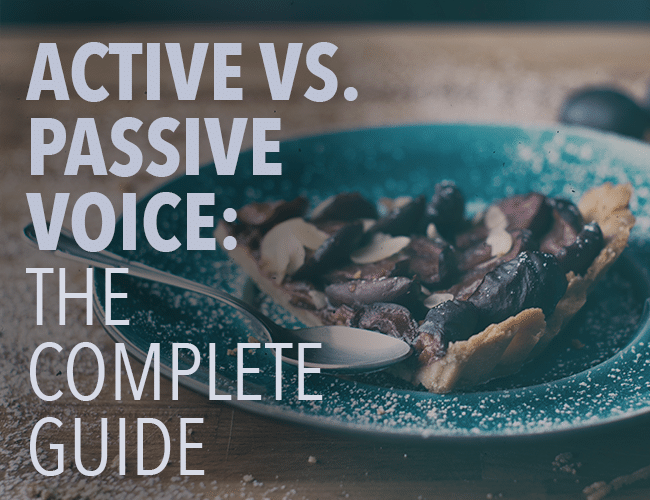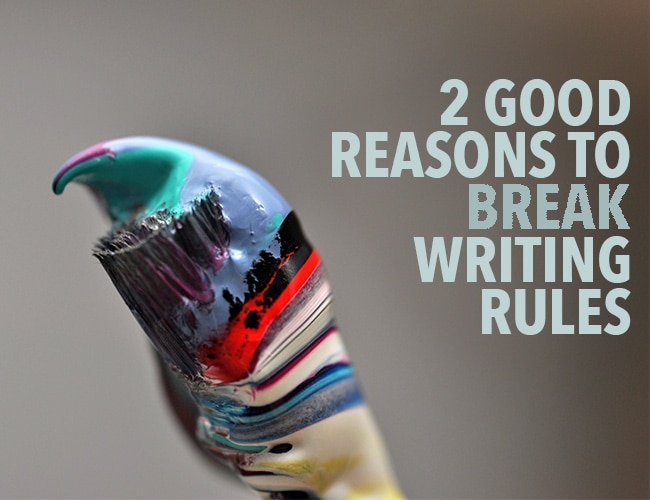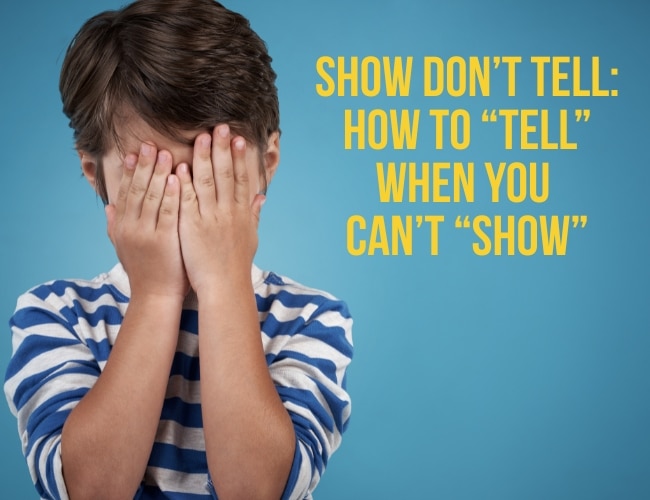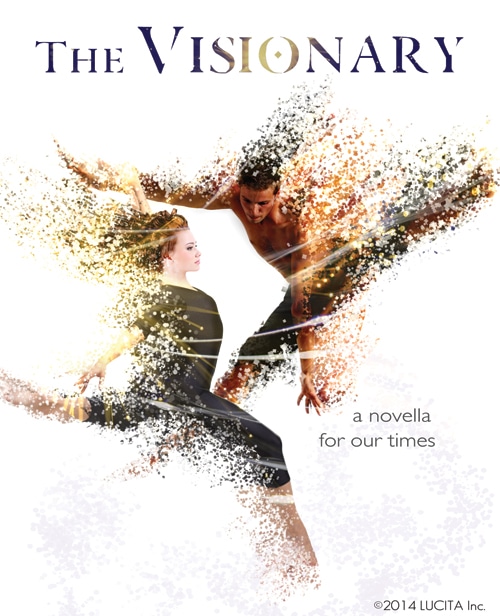
by Liz Bureman |
Let’s understand what we mean when we’re talking about “voice” in a passive sentence versus an active voice sentence. In this case, grammatical voice refers to the verb form used in relationship with the subject and receiver of the action.
(This should not be confused with author voice which is more about the personality and style of a writer throughout their work. That’s something entirely different.)
If you’re still confused, let’s look at some examples that will help you see the difference, and then look at how to use each type of sentence to its best effect. Ready?

by Monica M. Clark |
I have a friend who is both a writer and a visual artist. One day she entered a painting contest and won third place! All of the award-winning entries were put on display. And then, during the exhibition, she overheard some people talking about her piece, unaware that she was the artist.
They said she hadn’t followed all the rules.
And I’d argue that’s actually a good thing, because sometimes, rules are made to be broken.

by Ruthanne Reid |
It’s good to study other writers’ rules, but in the end, those rules were not made for you—they were made for other writers. If you’re serious about being a writer, then you need to figure out your rules of writing and stick to them. This post will show you how.

by Monica M. Clark |
The standard rule is this: “show, don’t tell.” Instead of telling your reader that Jane is “sad,” show the reader by describing Jane’s demeanor, her tears, etc. You’re supposed to allow the reader to experience Jane’s sadness with her.
But in a 80,000 word manuscript, chances are you’ll do at least some telling. The temptation to “tell” usually arises when you need to share background information, summarize events, or provide context for what’s happening.

by Guest Blogger |
Nobody wants their writing to be described as “conventional” or “formulaic,” and in an effort to avoid such damning judgements, many young writers throw themselves past creative writing guides, the rules of writing, and all the catalogues of conventional wisdom, instead opting to carve their own path.
But before you follow suit and bend all the rules to write experimental fiction, there are a few things you need to know.

by Birgitte Rasine |
How do you dramatize non fiction? Isn’t real life already wild and crazy enough? And isn’t that why we have fiction in the first place, so that we can be superheroes and E.S.C.A.P.E. our dull routine realities?
Yes, and yes, BUT. The role of literature, in my and many other authors’ humble yet strong opinion, is to reflect social trends and preserve cultural ideals. To inform, inspire, and innovate. The stories we write and read shape our culture and society, our minds and our lives. This is why I insist with the ferocity of a Category 5 hurricane on quality, beauty, and impact.
The reason I write is to open minds—including my own. For me, the most potent way to do that is by mixing up fiction and real life. So let me tell you about The Visionary.








